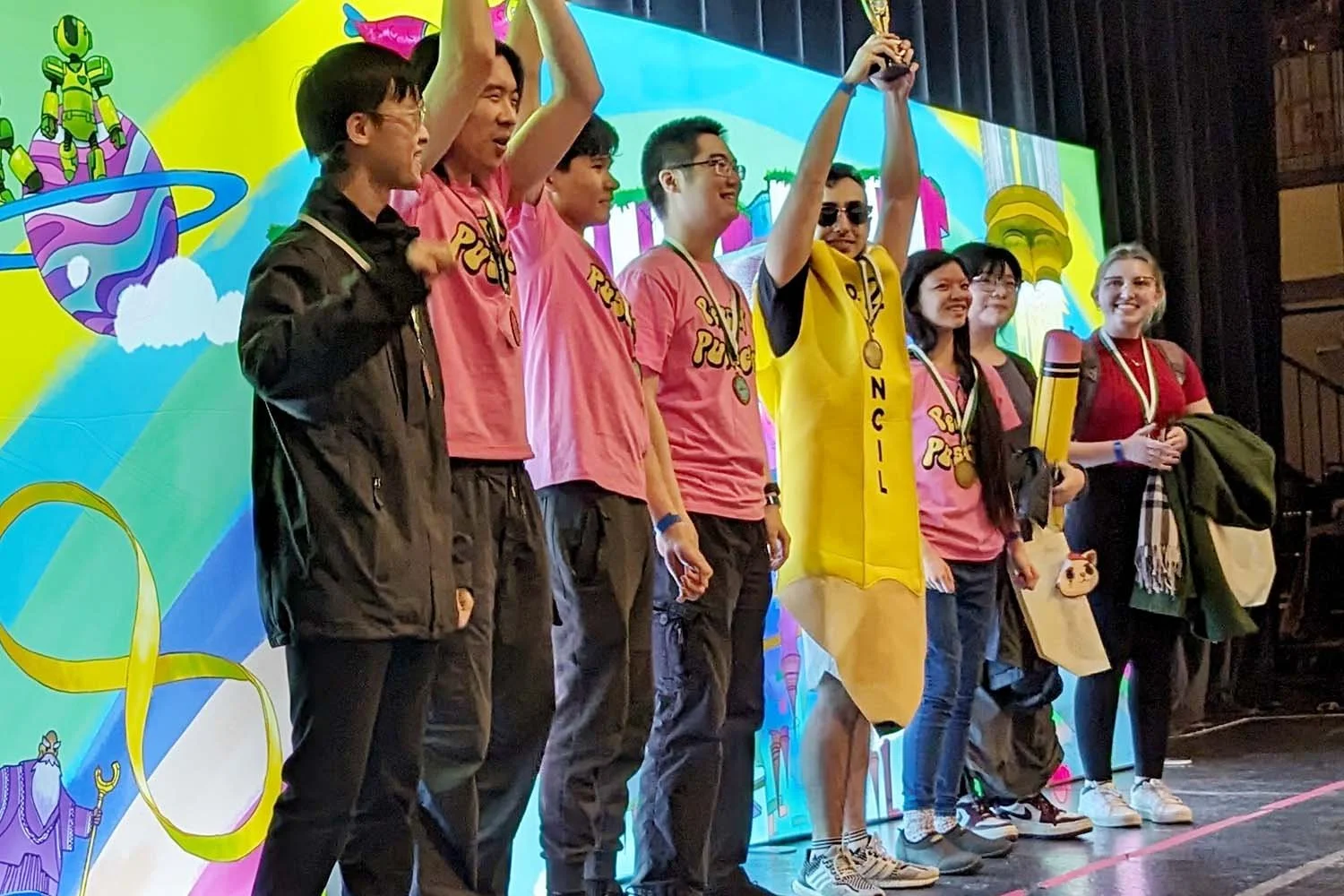The Department of Computer Science is pleased to announce the promotions of the following faculty members, effective July 1, 2025:
Murat Erdogdu promoted to the rank of Associate Professor with tenure
Fan Long promoted to the rank of Associate Professor with tenure
Kirill Serkh promoted to the rank of Associate Professor with tenure
Bo Wang promoted to the rank of Associate Professor with tenure
Tovi Grossman promoted to the rank of full Professor









